Integrating technology better in health care
Marie-Pierre Gagnon assesses health technologies and tailors them to patients’ needs, values, and preferences. In all her projects, the design process is centred on the patient.
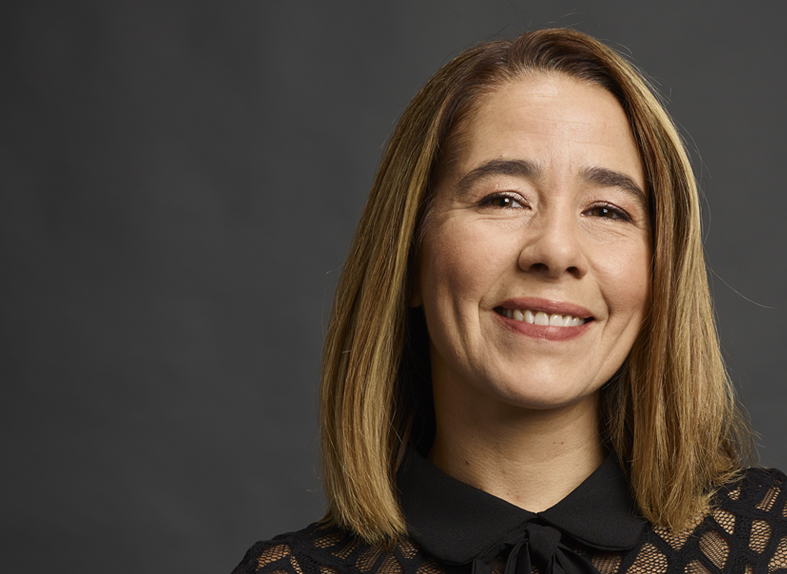
Marie-Pierre Gagnon
Full professor, Faculty of Nursing
Holder of the Canada Research Chair in Technologies and Practices in Health
Team
- Research assistants: Mame Awa Ndiaye, Jack Tchuente, Audrey Lambert, Gisèle Mbemba
- PhD students: Geneviève Rouleau, Marietou Niang, Carole Délétroz, Justin Avanon, Alban Atioukpe
Partners
- Christian Chabot, partner patient
- Alain Larouche et Guylaine Chabot, Groupe Santé Concerto
- Brigitte Martel, CHU de Québec Université-Laval
- Isabelle Duchesneau, Monastère des Augustines
Involving patients
Marie-Pierre Gagnon has been assessing health technology for the past 10 years. While research is usually conducted with healthcare professionals, patients are becoming increasingly knowledgeable about their diseases. Prof. Gagnon has found that patients feel ignored, lack confidence, and believe that the tools developed for them do not reflect their reality. So she decided to work with patients and professionals to develop better technology.
Easier decision making
As part of the PROMISE project, Professor Gagnon identifies the most promising assistive technologies for patients with cognitive disorders such as dementia or Alzheimer’s. She held 2 focus groups to pinpoint the needs of patients and professionals. Then she surveyed and assessed the tools available commercially. The outcome: a tool that will help health professionals, patients, and caregivers choose technology that meets their needs and preferences.
Fostering greater autonomy
Prof. Gagnon is also adapting an existing tool to track chronic diseases. At the moment, the Concerto Group’s product is only for use by healthcare professionals, but patients and their families could use it to gain autonomy. Marie-Pierre is working with a design team to improve the tool and test it on a group of patients. Ultimately, care teams and patients will see all the data in one place and use the tool as a basis for discussion at medical appointments.
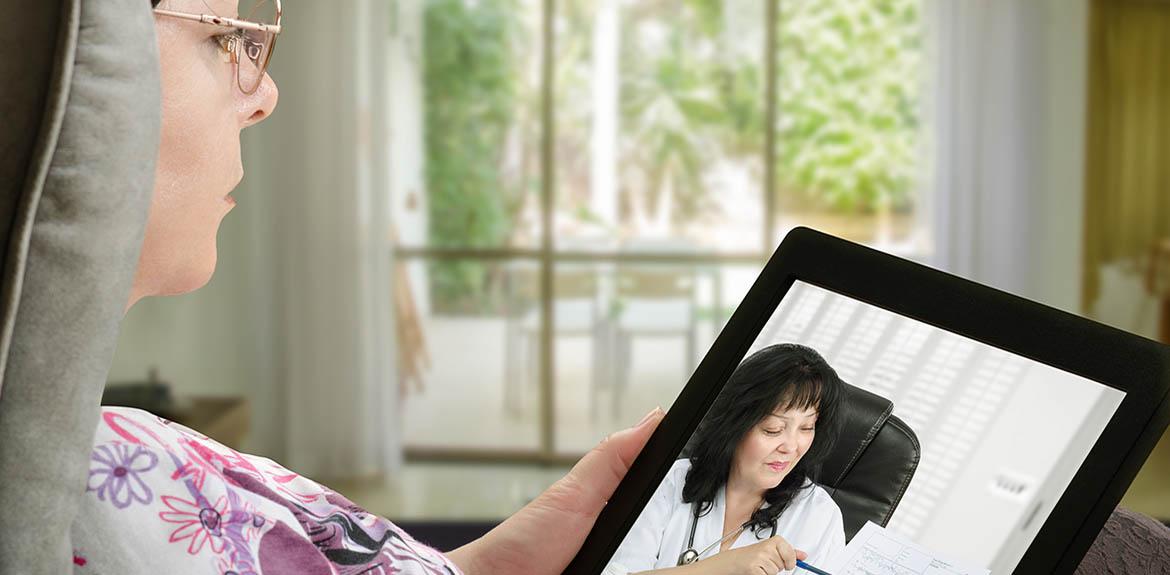
Technology empowers patients by helping them manage their condition(s) more effectively.
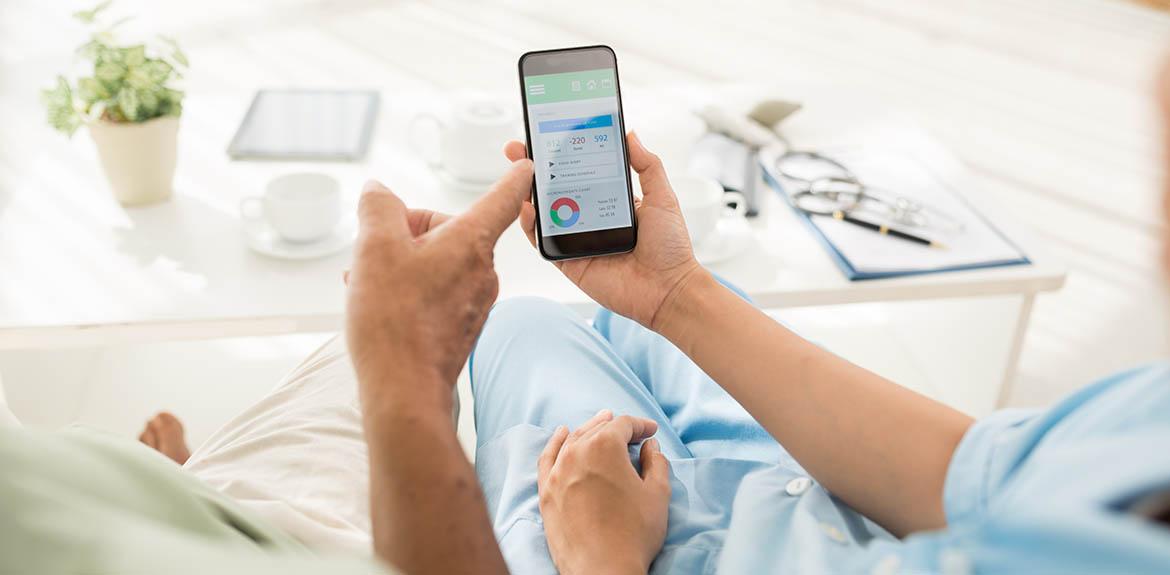
Marie-Pierre Gagnon assesses multiple technologies such as monitoring systems and monitoring portals.
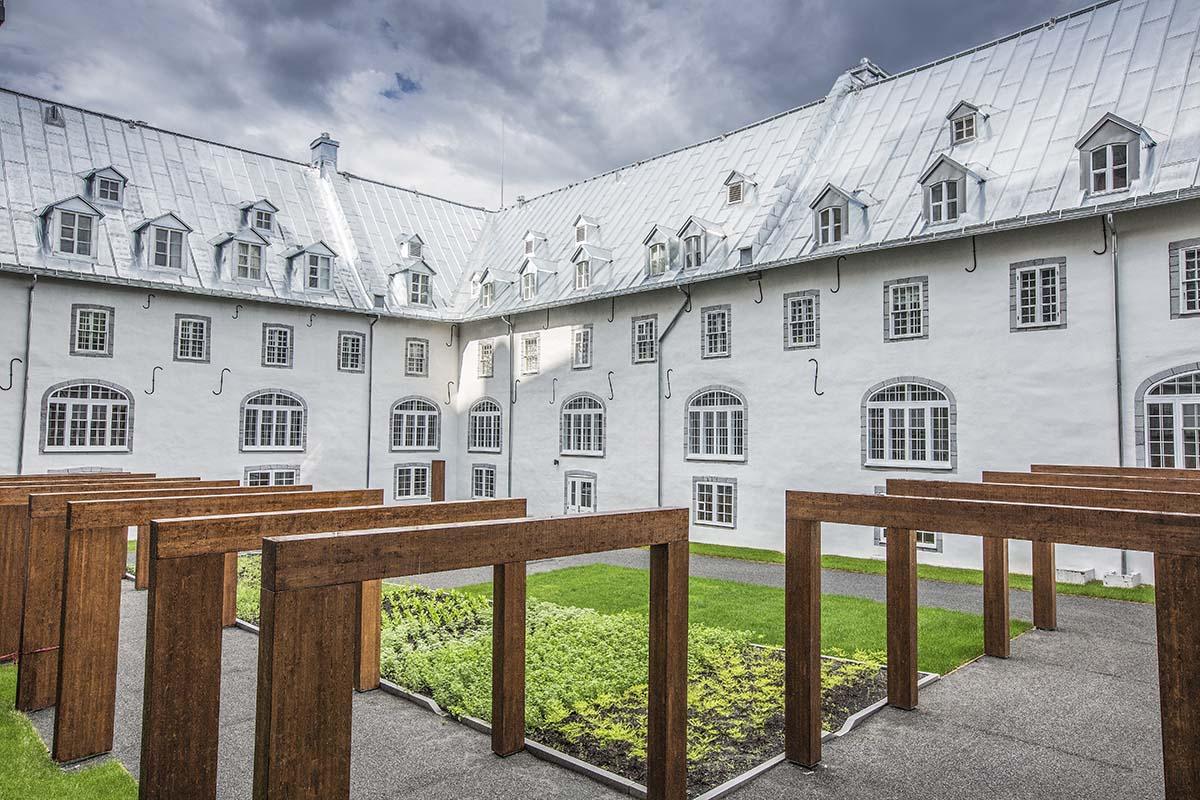
Marie-Pierre works with Monastère des Augustines to develop services for caregivers.
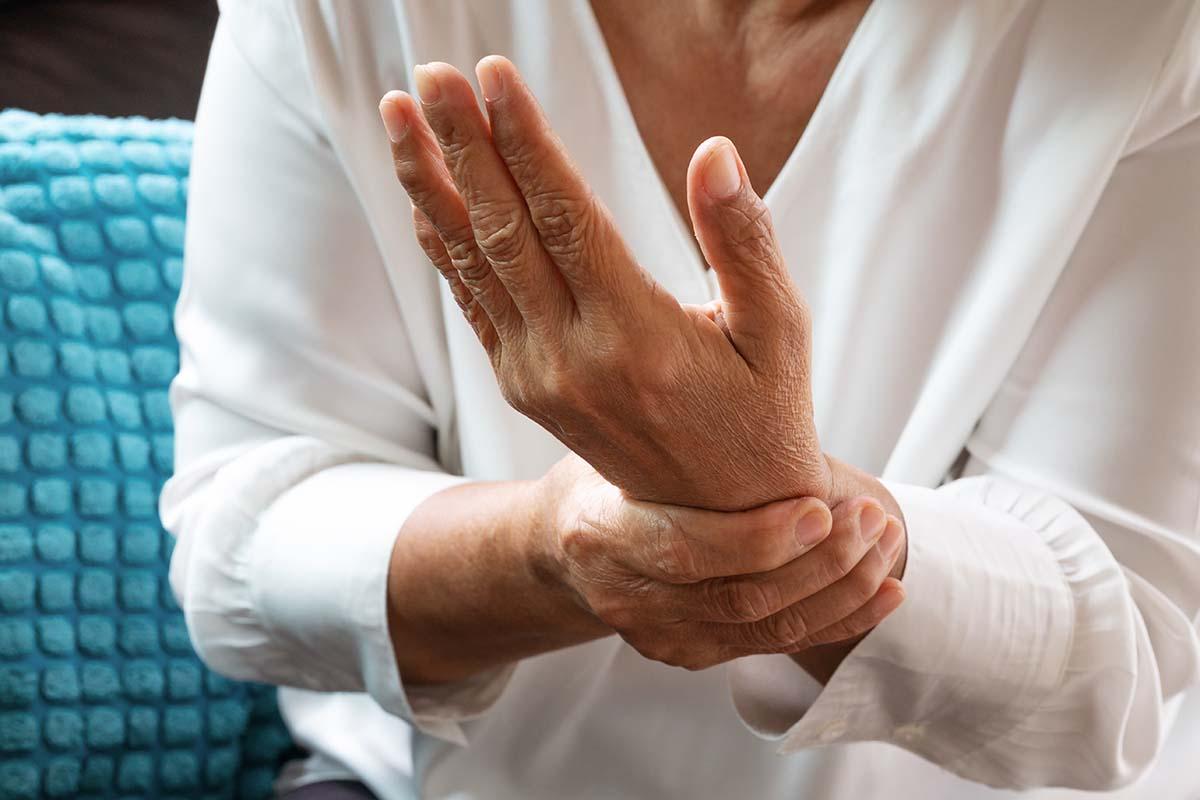
In Québec 45% of people over the age of 20 have 2 or more chronic diseases. (Source: Institut de la statistique du Québec)

Patient-centred design puts the needs of patients first during the design phase.
What's next
Looking ahead, Marie-Pierre Gagnon wants to integrate technological tools into the healthcare system and involve patients at every stage of the process to make sure technology meets their needs. She will also experiment with applying the results of her work to other diseases and life stages. The priority will remain the same throughout: connecting patients who have needs with research teams who can resolve their issues.